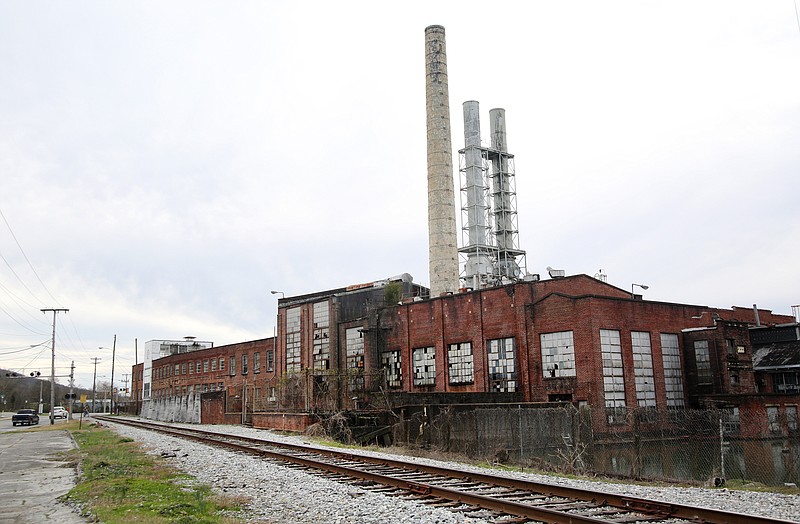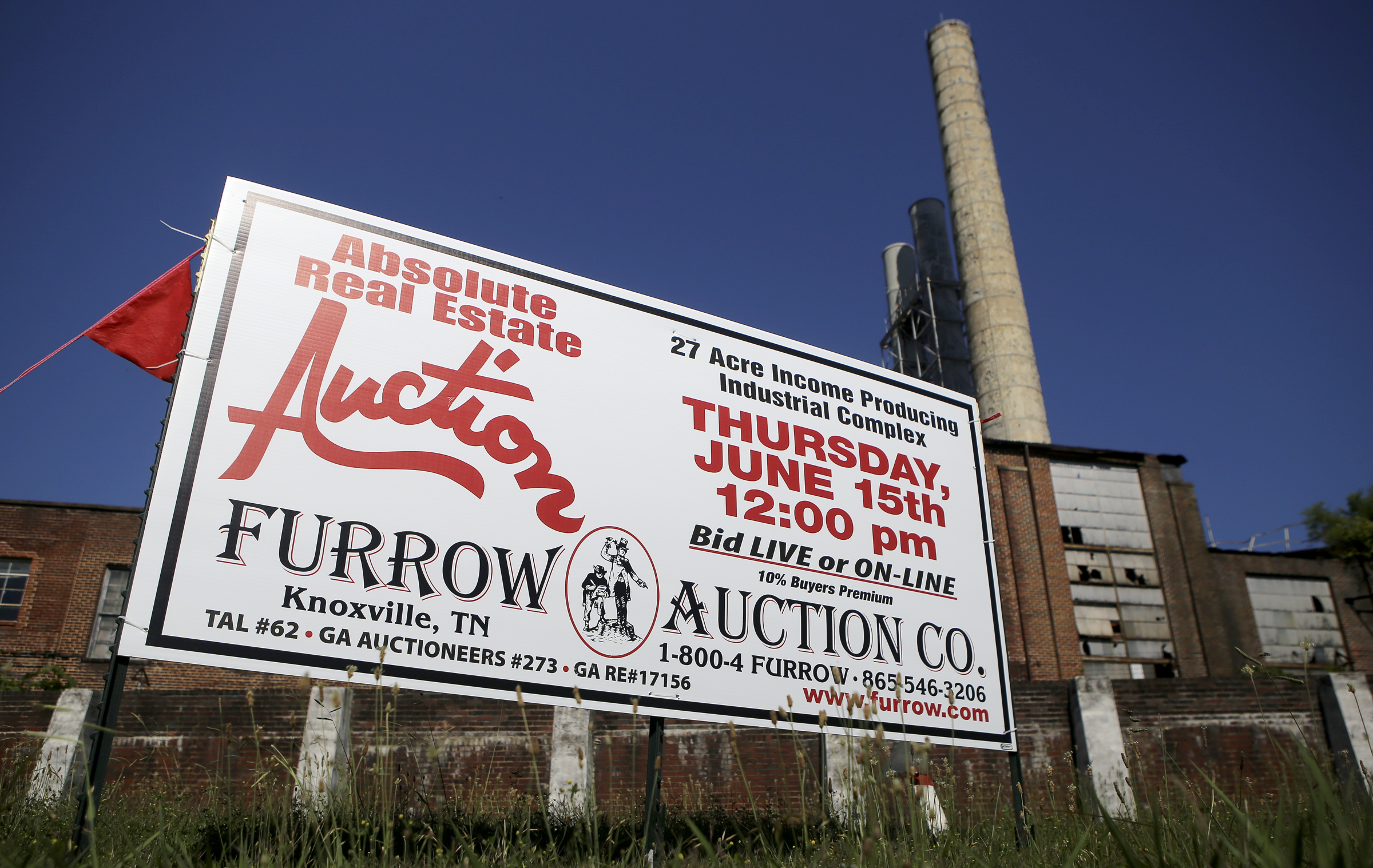ROSSVILLE, Ga. - One of the owners of the old Peerless Woolen Mills site says a manufacturer has more than doubled its footprint inside, and a restaurant will soon be opening on the corner.
Still, Bobby Wilson said during a neighborhood group meeting Tuesday night, he believes he can make bigger splashes. He and his business partner, Arthell Gray, are waiting for feedback from consultants at Georgia Tech. In particular, they want to see what offers they can make to potential investors who want to cash in on the city's federal Opportunity Zone designation.
"We're trying to figure out how to maximize the [Opportunity Zone] and take advantage of the money that's coming in," Wilson said. "I don't think we know exactly how to do that yet. But we met with some people last week – big investors, big money - that are willing to come in and put their money in the OZ."
At about 1.2 million square feet in downtown Rossville, the old mill site is a focal point in city officials' hopes to revitalize the small community. Wilson, Gray and Catoosa County Commission Chair Steve Henry purchased the site at auction for $125,000 in July 2017. (Henry has since sold his share in the investment over disagreements about the site's future. He wanted to install townhouses first, while the others wanted to focus on manufacturing and retail at the beginning.)
Since the purchase, Wilson and Gray have not spoken much publicly about how they want to use the site. During Tuesday's meeting at Mission Glenn Baptist Church, Wilson said the first big project was an expansion of space inside for Praters Flooring. The company is known for producing specialized floor designs for college basketball teams.
When the investors bought the property, Wilson said, Praters occupied about 80,000 square feet inside. The company wanted to expand operations, and they agreed to grow their footprint in the mill by about 100,000 square feet. The mill owners have recently agreed to build a 42,000-square-foot building on site to allow the company to expand further.
Wilson said he and Gray have also reached a deal with a restaurant owner to open at McFarland Avenue and Maple Street, the southeast corner of the mill site. The team still needs to receive approval for a zoning change from city officials. Wilson declined to say Tuesday night what the restaurant will be.
Elizabeth Wells, co-founder of the Rossville Redevelopment Workshop, said the developers and city officials are hoping to put some sort of educational resource on site, too. But most big plans are on hold as they await a master plan that the city is producing with Georgia Tech's Center for Economic Development and Research, a group of grant-funded consultants who are interviewing stakeholders in the community. The consultants are also reviewing past Rossville revitalization plans.
The team will produce a master plan in the next 30-60 days, Wells said. The plan will touch on what to offer investors as part of the Opportunity Zone designation.
"It's pragmatic," Wells said. "It's where we are right now. It's the evolution of where we could be going."
Awarded by the U.S. Department of Treasury, the Opportunity Zone designation allows investors to receive a discount on their federal tax bills. The investors put money into an "opportunity fund." They will not have to pay capital gains taxes on that money, but they must pour it into an investment into one of the opportunity zones across the country.
Rossville received the designation in large part because of the many low-income residents in the community. Its per capita income is $16,500, about 35% lower than the averages of the state and the Chattanooga metropolitan area. Its poverty rate - 34.3% - is double that of those two areas.
"We've got to create something that's going to drive people there," Wilson said. "And that's going to change the face of Rossville."
Contact staff writer Tyler Jett at 423-757-6476 or tjett@timesfreepress.com. Follow him on Twitter @LetsJett.

